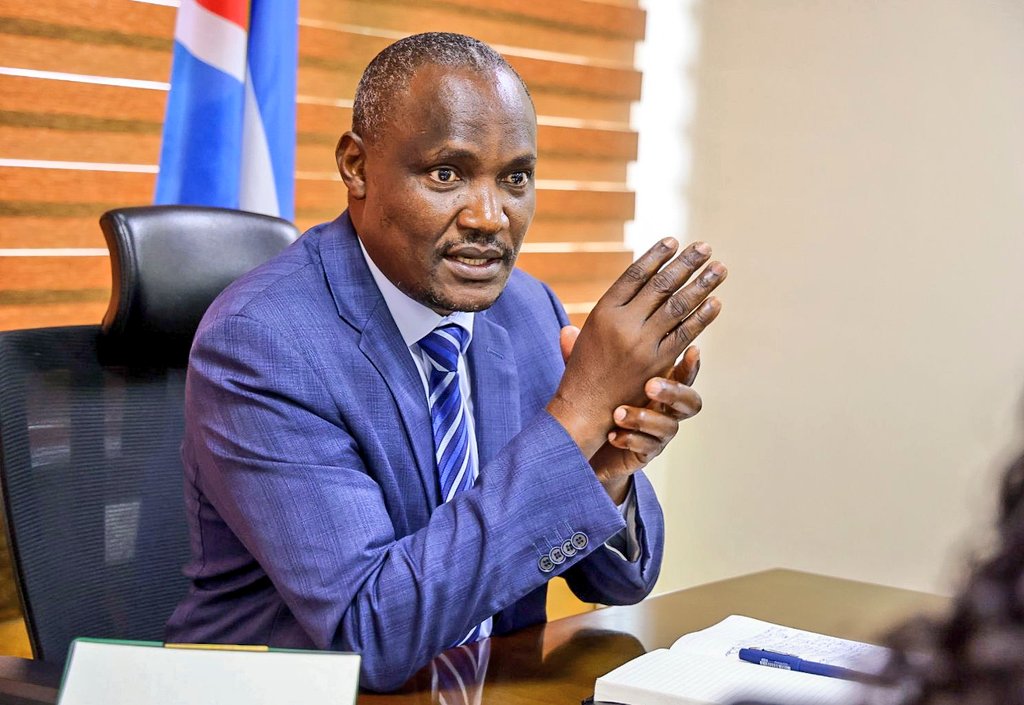Kenya’s National Treasury has initiated public consultations on a proposed bill and policy aimed at regulating cryptocurrencies and virtual asset companies. The move comes as the International Monetary Fund (IMF) warns that Kenya is lagging in establishing a regulatory framework for the fast-evolving digital assets industry.
The proposed legislation seeks to address the legal ambiguities surrounding cryptocurrencies, which have hindered banks from engaging with the sector. It also presents an opportunity for platforms like Binance, which currently operate in Kenya without formal regulatory approval, to gain legal recognition.
“The policy and the bill provide a framework for oversight and development of the virtual assets ecosystem,” the National Treasury stated in its public notice, inviting citizens to share their views on the initiative.
Kenya’s financial sector is regulated by the Central Bank of Kenya (CBK) and the Capital Markets Authority (CMA). While the CMA has softened its stance on virtual assets, the CBK has maintained a strict position, cautioning banks against engaging with cryptocurrencies due to concerns over money laundering, terrorism financing, and financial instability.
The IMF has urged Kenya to implement a clear regulatory framework, noting that the absence of specific laws has left the crypto industry in a legal grey area. This regulatory vacuum has prevented crypto exchanges from obtaining operating licenses and exposed users to risks, including fraud and financial losses.
A report by Chainalysis estimates that four million Kenyans hold cryptocurrency assets. However, without regulation, determining the true value and risks of the digital assets market remains challenging.
“There is currently a significant degree of uncertainty and a lack of consensus among authorities regarding the actual size, structure, and risks of the Kenyan crypto assets market,” the IMF stated.
With public consultations now underway, the focus shifts to how Kenya will navigate the complexities of regulating digital assets while fostering innovation and safeguarding its financial system.













Leave a comment